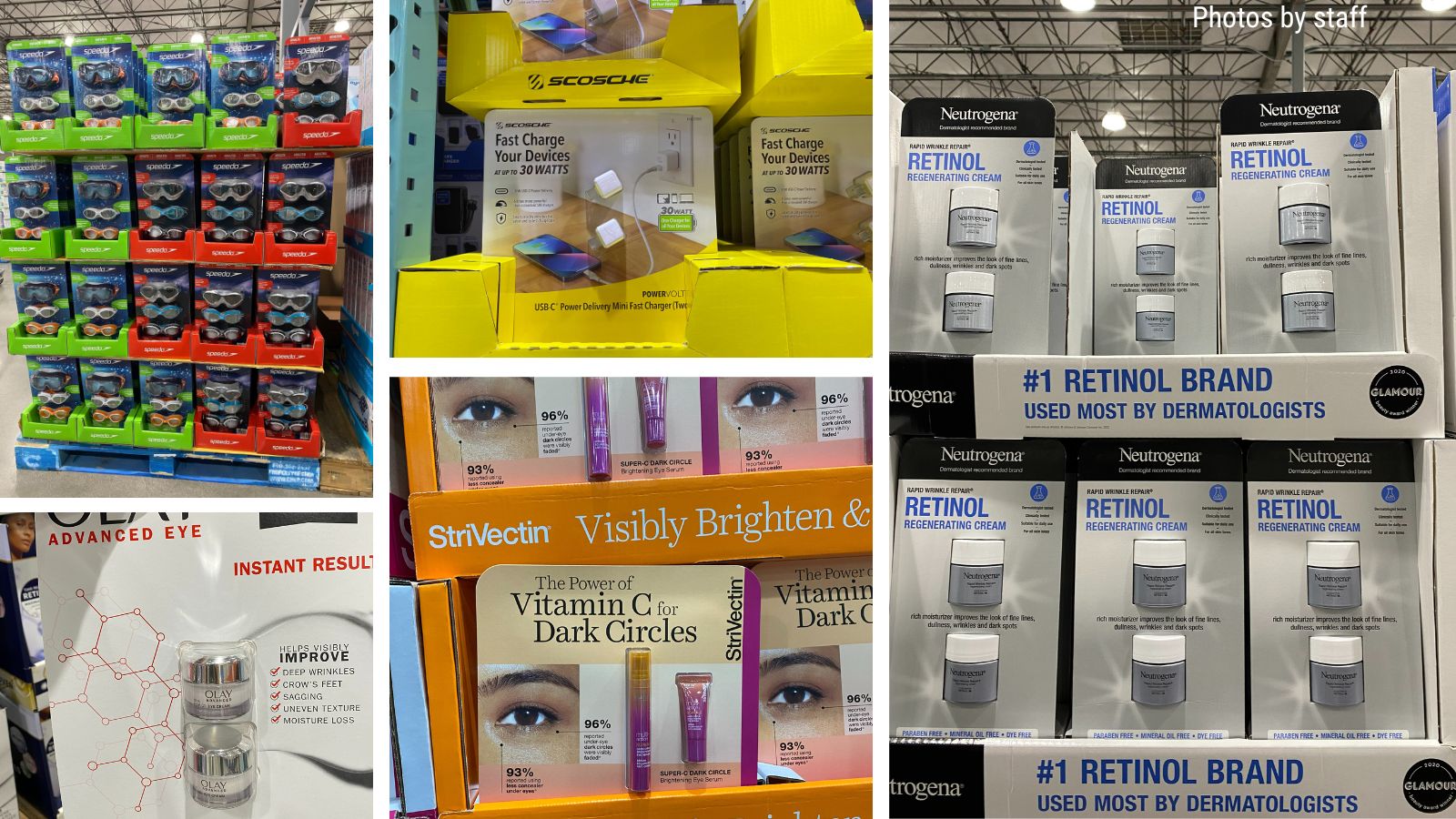
Costco should stop supersizing wasteful packaging
Lots of people are taking steps to reduce waste and cut plastic, but we need corporations to do their part. Costco can make a big impact right now by stopping excessive packaging.
America's plastic problem has gotten way out of hand.
Most of us diligently recycle, take reusable bags with us when we shop, and look for new ways to stop using so much single use plastic “stuff”. Our individual actions are necessary, but won’t be enough. The good news is that the momentum to move beyond plastic is growing. More states, communities and businesses are getting rid of plastic bags, foam containers and other plastic “stuff” we can live without.
Lots of people are taking steps to reduce waste and cut plastic, but we need corporations to do their part. Costco can make a big impact right now by stopping excessive packaging.
Report ●
Increasing compost can quickly and efficiently decrease methane emissions in landfills and restore soil health.
Coca-Cola, the world's biggest plastic polluter, has committed to using refillable bottles. But as of now, not in the U.S.
Wasteful plastic: We didn’t ask for it, and we can’t avoid it. But at PIRG, we have a plan to deal with it.
Here are 10 examples of how our advocates won positive results for the public and the planet in 2023.
PIRG, its state groups celebrate national, state, local victories for the public interest
Executive Vice President; President, PIRG